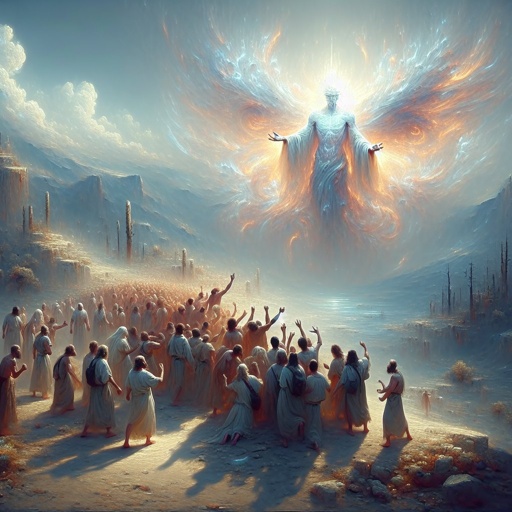 FRIDAY PRAYER: SOME KABBALISTIC DEFINITION – WHAT IS SIN IN KABBALAH
FRIDAY PRAYER: SOME KABBALISTIC DEFINITION – WHAT IS SIN IN KABBALAH

FRIDAY PRAYER: WHAT IS SIN IN KABBALAH
-by Rabbi Michael Laitman
READING: between afternoon and sunset of THURSDAY
Two questions I received on sin and forgiveness:
Question: Dear Rav, if all of our thoughts and desires come to us from the Creator, then how is it possible to “sin”? Or, in other words, would you please explain what “sin” is in spirituality (or as it is understood in Kabbalah). Baal HaSulam makes many references to sin in Shamati, and I’m trying to understand what appears to be a paradox.
My Answer: “A sin” is when one’s thoughts disconnect from the Creator.
Question: In Kabbalah, are one’s sins forgiven if one really repents from them?
My Answer: We all start out as absolute sinners, because we are absolute egoists. Then we begin correcting ourselves until reaching the level called “absolutely righteous” – the level of bestowal and love for one’s neighbor and the Creator.
It is written, “There is no righteous person in the world who didn’t sin beforehand.” This means that a person first reveals his egoism (this is considered a sin, even though the egoism is given to us from above), and then he corrects it. When one corrects his egoism to the quality of bestowal and love, through the force of the Creator – this is called forgiveness.
In the Torah (Kabbalah), these notions are completely different from the way we ordinarily define them. We think that we were the ones who created our sinful qualities, and that we can correct them on our own, without the Creator’s help. We don’t realize that we are sinners from the beginning; we think that we only sin when we do something bad. However, in fact, everything about us is sinful, egoistic. When a person reveals the egoism inside him, he then feels that he is a sinner. However, he is already on the way to becoming righteous, unlike those who still don’t realize that they are sinners.
 HALF REDUCTION OF FLOW IN THE INNER LEFT COURT FOR GREATER DISCLOSURE OF THE UPPER FORCE AFTER THE INPUT FOR THE PESACH
HALF REDUCTION OF FLOW IN THE INNER LEFT COURT FOR GREATER DISCLOSURE OF THE UPPER FORCE AFTER THE INPUT FOR THE PESACH MONDAY PRAYER: NETZACH-SHACHARIT שַחֲרִית MORNING PRAYER
MONDAY PRAYER: NETZACH-SHACHARIT שַחֲרִית MORNING PRAYER MONDAY PRAYER: NETZACH-TIKKUN CHATZOT תקון חצות-TIKKUN RACHEL & TIKKUN LEAH
MONDAY PRAYER: NETZACH-TIKKUN CHATZOT תקון חצות-TIKKUN RACHEL & TIKKUN LEAH